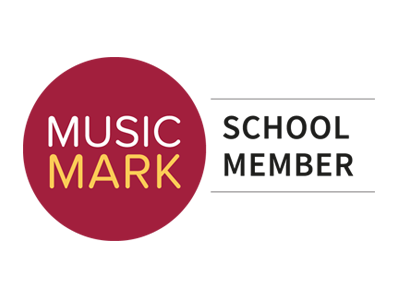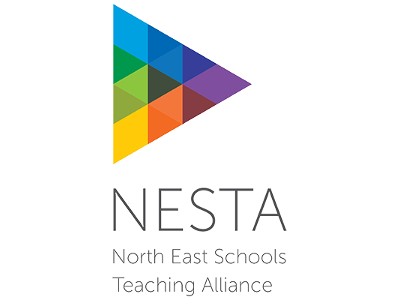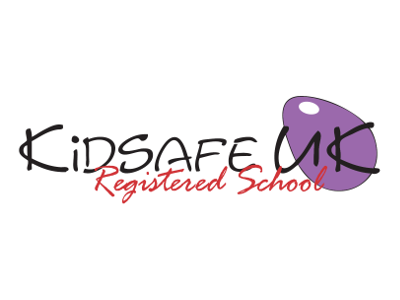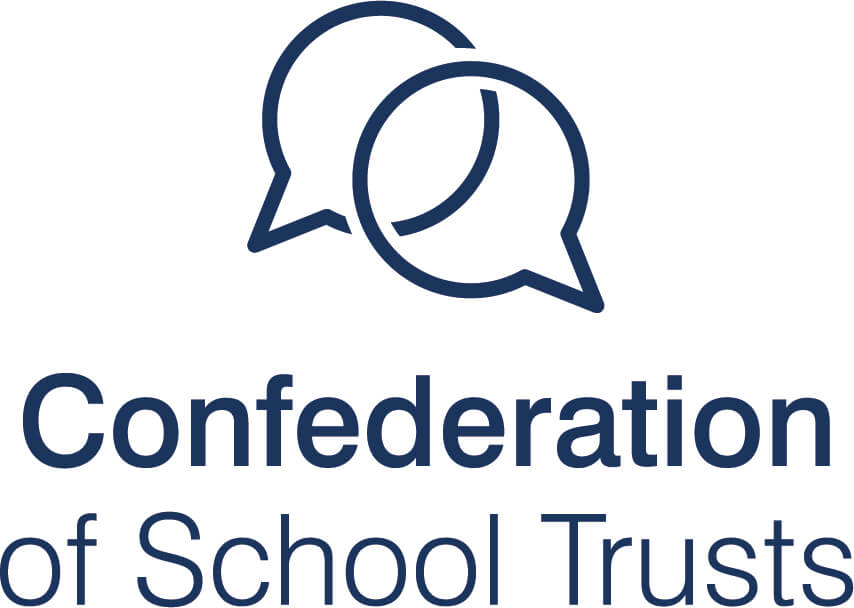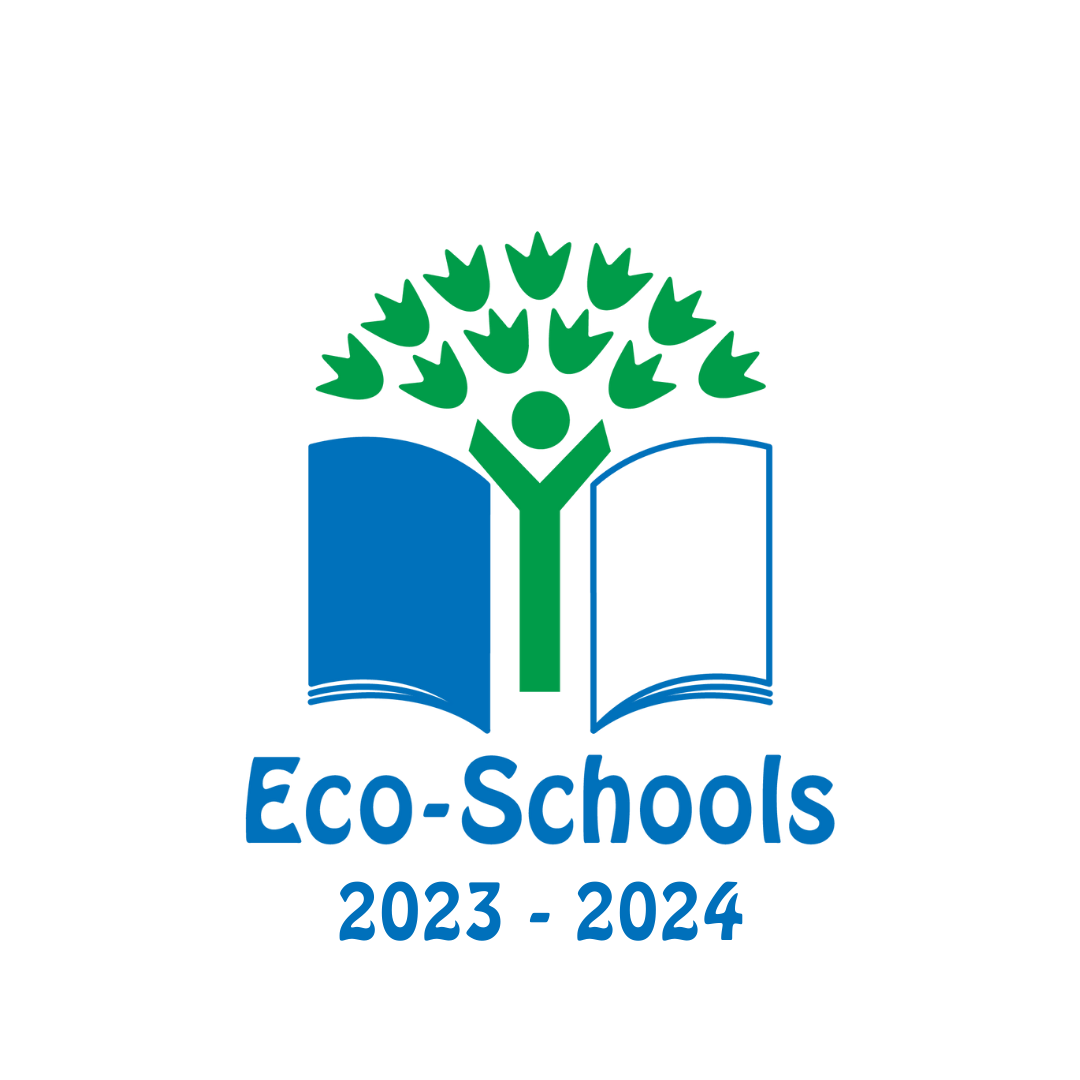History – Year 1
Download
Download our Year 1 History curriculum here.
Chronological Understanding
|
Knowledge and Interpretation
|
Historical Enquiry
|
- Can they put up to three objects in chronological order (recent history)?
- Can they use words and phrases like: old, new and a long time ago?
- Can they tell me about things that happened when they were little?
- Can they recognise that a story that is read to them may have happened a long time ago?
- Do they know that some objects belonged to the past?
- Can they retell a familiar story set in the past?
- Can they explain how they have changed since they were born?
|
- Do they appreciate that some famous people have helped our lives be better today?
- Do they recognise that we celebrate certain events, such as bonfire night, because of what happened many years ago?
- Do they understand that we have a queen who rules us and that Britain has had a king or queen for many years?
- Can they begin to identify the main differences between old and new objects?
- Can they identify objects from the past, such as vinyl records?
|
- Can they ask and answer questions about old and new objects?
- Can they spot old and new things in a picture?
- Can they answer questions using an artefact/ photograph provided?
- Can they give a plausible explanation about what an object was used for in the past?
|
Purpose of study
|
| Pupils should develop an awareness of the past, using common words and phrases relating to the passing of time. They should know where the people and events they study fit within a chronological framework and identify similarities and differences between ways of life in different periods. They should use a wide vocabulary of everyday historical terms. They should ask and answer questions, choosing and using parts of stories and other sources to show that they know and understand key features of events. They should understand some of the ways in which we find out about the past and identify different ways in which it is represented. |
Aims
|
- changes within living memory. Where appropriate, these should be used to reveal aspects of change in national life
- the lives of significant individuals in the past who have contributed to national and international achievements. Some should be used to compare aspects of life in different periods (e.g. Elizabeth I and Queen Victoria, Christopher Columbus and Neil Armstrong, William Caxton and Tim Berners-Lee, Pieter Bruegel the Elder and LS Lowry, Rosa Parks and Emily Davison, Mary Seacole and/or Florence Nightingale and Edith Cavell)
|
Possible topic:
History of Toys and Technology |
Possible topics:
Exploration of World and Space |
Possible topics: |




